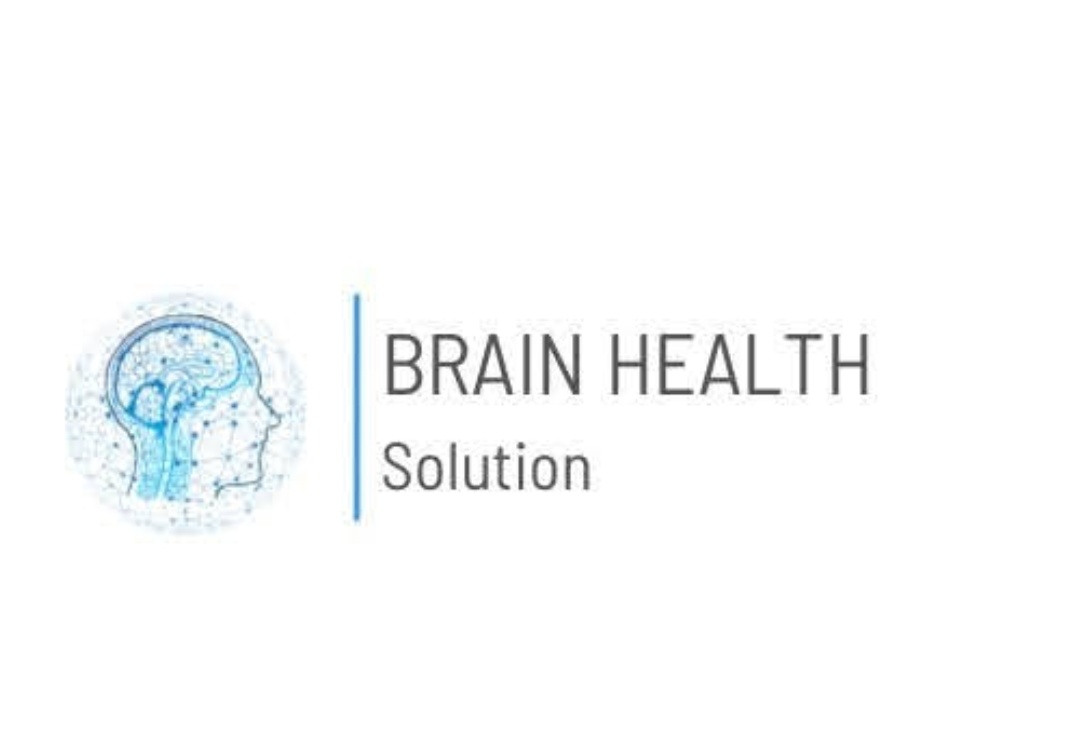What is OCD? Understanding the Disorder, Its Impact, and the Path to Healing
- Admin

- May 9, 2025
- 3 min read

In today’s fast-paced world, mental health conversations are becoming more mainstream—and rightly so. One term that often comes up is OCD, but what exactly does it mean? Misused in casual conversations (“I’m so OCD about cleaning!”), The real condition is much more serious and can be debilitating if left untreated.
This blog dives into what OCD truly is, how it affects individuals, and the pathways to healing, particularly through holistic and evidence-based care like the one offered by Brain Health Solution.
What is OCD?
Obsessive-Compulsive Disorder (OCD) is a chronic mental health condition characterized by:
Obsessions: Intrusive, unwanted thoughts, urges, or images that cause significant anxiety or distress.
Compulsions : Repetitive behaviors or mental acts performed to reduce anxiety or prevent a feared event or situation.
It’s not just about liking things “a certain way.” OCD is a diagnosable disorder that can severely interfere with one’s daily life, work, and relationships.
Common Signs of OCD
Constant checking (locks, appliances, etc.)
Fear of contamination or germs
Unwanted, disturbing thoughts (often violent or taboo)
Excessive organization or symmetry rituals
Mental rituals (like silently repeating words or numbers)
These behaviors aren’t quirks—they are attempts to relieve the severe anxiety brought on by obsessive thoughts.
Who Gets OCD?
OCD can affect children, adolescents, and adults, often appearing between the ages of 7 and 12 or later in the late teens to early adulthood. In the United States, it affects around 1 in 40 adults and can often coexist with other conditions like depression or anxiety disorders. (Source)
Causes of OCD: More Than Just Genetics
There’s no single cause, but common contributing factors include:
Genetic predisposition
Neurobiological imbalances (e.g., serotonin dysfunction)
Environmental stressors or trauma
Learned behaviors over time
At Brain Health Solution, we understand that OCD is complex, so we focus not just on the symptoms but also on the root causes. Additionally, we focus on symptom reduction and improvement in overall functioning while reducing distress from these symptoms.
How OCD is Diagnosed and Treated
If you think you or a loved one may have OCD, seeking professional help is the first step. An experienced board-certified physician, Dr. Kamal Bhatia, will assess symptoms through structured interviews and evidence-based diagnostic tools.
Treatment Options may include:
Cognitive Behavioral Therapy (CBT), especially Exposure and Response Prevention (ERP)
Medications, such as SSRIs (e.g., fluoxetine, sertraline)
Holistic interventions to manage stress, sleep, and overall mental wellness
Why Choose Brain Health Solution?
Our approach at Brain Health Solution is compassionate and patient-focused. Led by Dr. Kamal Bhatia, we integrate the latest scientific research with individualized care to help you reclaim your life from OCD.
✅ Ready to Take the First Step Toward Healing?
Let us help you manage OCD and improve your quality of life.
Frequently Asked Questions (FAQs)
1. Is OCD curable?
While there’s no “cure,” many people manage symptoms effectively with therapy, medication, and support.
2. Can children have OCD?
Yes, OCD can start in childhood. Early diagnosis and treatment are critical for long-term improvement.
3. Is OCD just about being neat or clean?
No—OCD involves distressing thoughts and compulsions that go beyond everyday habits or preferences.
4. Can OCD get worse over time?
Yes, especially if left untreated. Stress, trauma, or life transitions can exacerbate symptoms.
5. Where can I find professional help in the USA?
Brain Health Solution offers personalized, evidence-based care for OCD. Visit us today.
Want more mental health insights?
Please stay connected with us for empowering content and compassionate care.
🧠 Your mental wellness starts here.
.png)



Comments